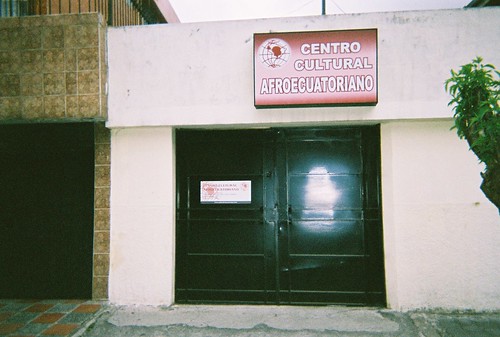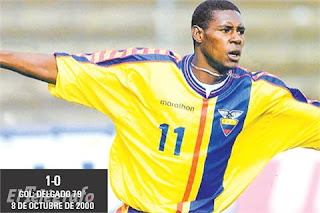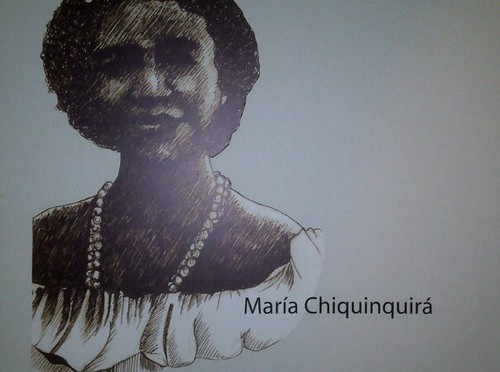Each year more Latin-American countries are following the example of Carter G. Woodson, the father of Black History in the U.S.—Perú, Ecuador, Bolivia, Colombia, Panamá, Argentina, Uruguay, and Venezuela has joined the Black Heritage Month club, and more will be coming.
Poetry by Nelson Estumpiñan Bass
Afro-Ecuadorian contemporary
of African-American writer Langston Hughes
Negro, negro renegrido Black, black, blackened
Negro, hermano del carbón black, brother of charcoal,
negro de negros nacido born black
Negro ayer, mañana y hoy Black yesterday, tomorrow, and today
Algunos creen insultarme Some believe they insult me
gritándome mi color mocking my color,
más lo mismo yo pregono but I myself proclaim it
con orgullo frente al sol with pride in the place of the sun
Negro he sido, negro soy Black I was, black I am
negro vengo, negro voy Black I come, black I go
negro bien negro nací black, real black I was born,
negro negro he de vivir black black I must live
y como negro morir and as a black I must die
Negro, hermano del carbón black, brother of charcoal,
negro de negros nacido born black
Negro ayer, mañana y hoy Black yesterday, tomorrow, and today
Algunos creen insultarme Some believe they insult me
gritándome mi color mocking my color,
más lo mismo yo pregono but I myself proclaim it
con orgullo frente al sol with pride in the place of the sun
Negro he sido, negro soy Black I was, black I am
negro vengo, negro voy Black I come, black I go
negro bien negro nací black, real black I was born,
negro negro he de vivir black black I must live
y como negro morir and as a black I must die
Alonso de Illescas, liberator of black and indigenous
Ecuadorians against Spanish rule and slavery.
Ecuador has a black population of 1.1 million. While 70% of Afro-Ecuadorians live in the northwest province of Esmeraldas—the black capital of Ecuador, the others will be mainly found in Guayaquil, the nation's largest city, Quito, the nation's capital, and up in the Andes Mountains in an area known as Valle de Chota.
Portrait María Chinquinquirá exhibited in a museum in Ecuador's largest
city, Guayaquil, took her slave master to court to win her freedom.
In 1997, Ecuaor's national congress declared the first Sunday in October as Afro-Ecuadorian Day giving recognition to black national heroes like Alonso de Illescas who led the black and indigenous people in defense of their liberty against Spanish colonial forces. Black Ecuadorian civil rights organizations throughout the country decided on the whole month of October as Afro-Ecuadorian Heritage Month to promote awareness of cultural, political, and economic issues.
Agustín Delgado, Ecuador's retired all-time
leading scorer and world cup soccer star
After years of constant struggle, Ecuador's Ministry of Education agreed to include Black Ecuadorian History in textbooks. The historic move comes as Afro-Ecuadorans across the country celebrated their heritage to honor the historic achievements blacks have made while highlighting the challenges of racism and discrimination they continue to face today.
Afro-Ecuadorian Cultural Center in Quito Ecuador
Throughout the month, Afro-Ecuadorians turn the public spotlight on the importance of their lives, historical legacy, and culture through an array of parades, musical performances, marches, and academic panels.
Freddy Cevallos, an Afro-Ecuadorian studies consultant
whom I treated to lunch with his girlfriend in 2010
R.I.P.
Gloria Chalá of Quito, Ecuador took me in
like family during my visit to Ecuador
I truly miss you, Gloria!




















